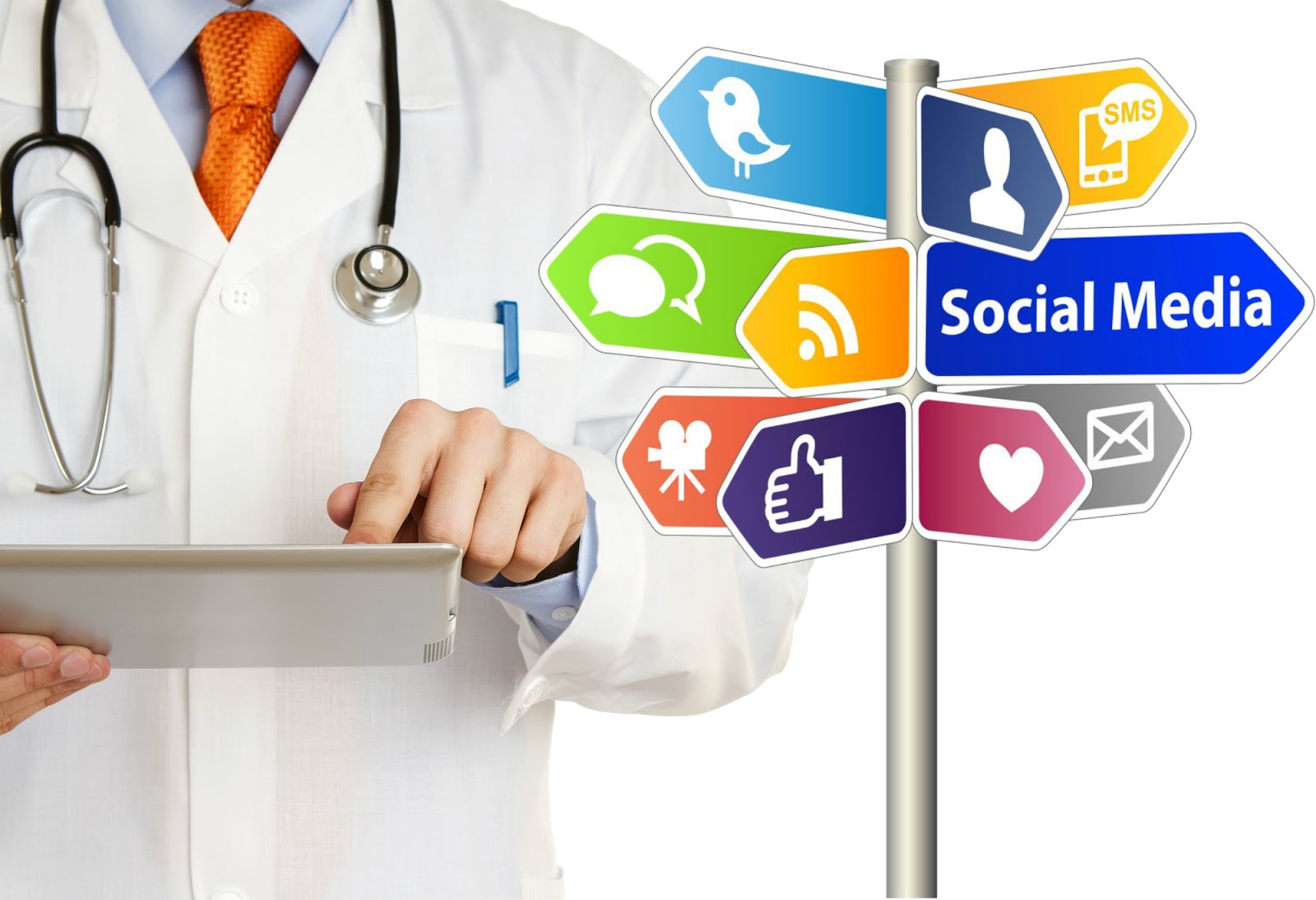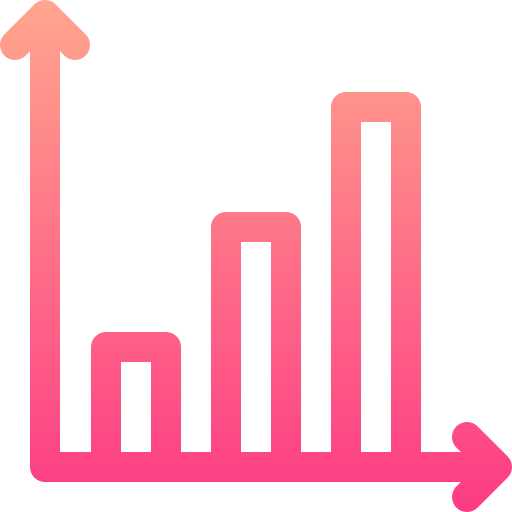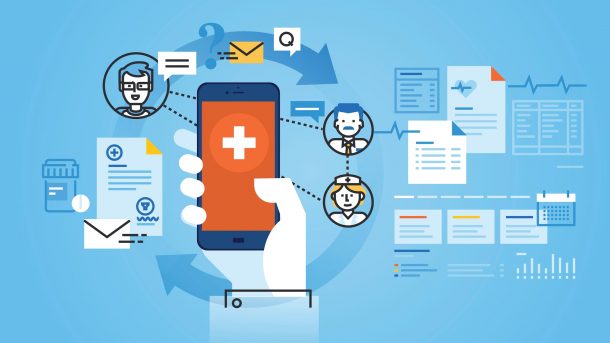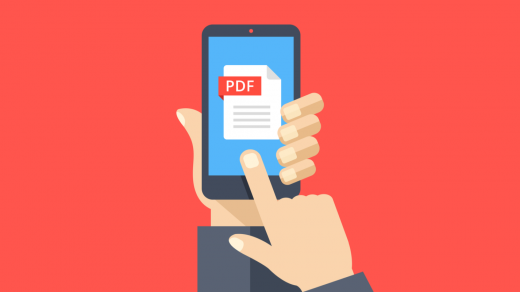The benefits of social media are being felt in the healthcare industry. As hospitals strive to improve patient satisfaction, reduce wait times, and increase quality care through digital innovation, they’re turning to social media as a valuable tool for engaging with patients and their families. Healthcare organizations that have integrated social into their marketing strategy report an increased number of referrals from satisfied customers on Facebook, Twitter, LinkedIn and YouTube.
What are the strengths of using social media in health care?
The benefits of social media in healthcare are being recognized by more hospitals. Facebook, Twitter, LinkedIn, and YouTube are mentioned as platforms for sharing patient satisfaction stories. Social media is an effective channel to engage with patients/customers on a personal level. Social provides real time data that can be used to improve services.
How else could this benefit the industry?
As new technology continues to emerge it will become easier for organizations to use these tools effectively. The benefits will continue into future generations if more people begin using social than ever before so they too can share their positive experiences online.
Another benefit of social media in healthcare is that it can be used as a way to communicate with patients/customers on the go. People will continue to use apps and social platforms for news updates and their daily lives so they can access information within minutes or hours, not days like traditional methods.

How can social media benefit doctors?
This benefits patients and doctors by allowing them to provide better care in a shorter amount of time.
Social media can also be used for educational purposes, such as using Facebook Live or YouTube videos to help people learn about potential treatments and procedures. For example, since most (if not all) surgeries are now done via robotic technology with minimal invasiveness, this benefits both the patient and doctor because it reduces risk of infection and shortens recovery times significantly when compared to open surgery techniques where they would cut into your skin instead of making minor incisions through laparoscopic means. Using social platforms like these can allow you to stream live demonstrations on how they work so that more people understand the benefits before having to go through with it.
Can social media have a positive impact on global healthcare?
One such example is the use of Twitter and SMS to track and respond to outbreaks. Twitter has been used as a reporting tool for global public health events, including: cholera in Haiti; pneumococcal meningitis in Niger; HINI influenza A (HINI) virus on New Zealand’s South Island; Ebola Virus Disease outbreak in West Africa.
Social media benefits are endless when it comes to healthcare initiatives worldwide.
How can social media benefit patients?
Patients also have access to knowledge through online communities where they can share their experiences with others who might be going through similar situations or even ask questions about treatment options right from the comfort of their own homes. The benefits that this offers them include feeling more comfortable asking questions, receiving answers from other patients who have similar questions and benefits of self-management. Social media benefits also extend to healthcare professionals as well who can use social networking sites such as Facebook or Twitter to engage with their audiences and provide updates on new studies that they may be working on related to a particular condition. Medical practitioners are also able to identify gaps in care by listening directly to what people living with certain conditions need through these online communities. In short, social media benefits both patients and medical providers alike when it comes to the health industry.




